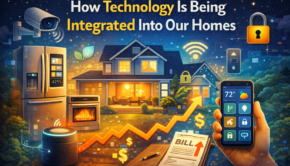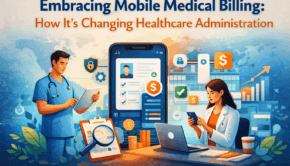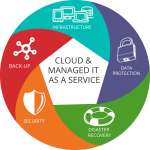Best Technological Trends Dominating Healthcare Industry
There is no denying to the fact that the healthcare industry is going for a makeover. It is moving from product and services to solutions. You might be surprised, but this change is not something that took place immediately. It has been going on for some years.
A few years ago, medical institutions were depending on special hardware and equipment for delivering evidence-related care. Moreover, today is the time of big data, medical platforms, and healthcare analytics. Most importantly, healthcare institutions are focused on getting real-time results.
Healthcare Trends To Watch Out For
Now the next decade will be simply focused on a single factor – preventive care. In addition, new healthcare technology trends will play a major role. Following are some of the interesting technologies which can dominate in 2019 and the years to come.
● Artificial Intelligence
Do you know the modern healthcare industries has introduced various AI-based technologies? Some of the major ones like machine learning and robotics are even used in various healthcare institutions. For example, IBM Watson, an AI-based system. It is making a huge amount of difference in various areas of healthcare.
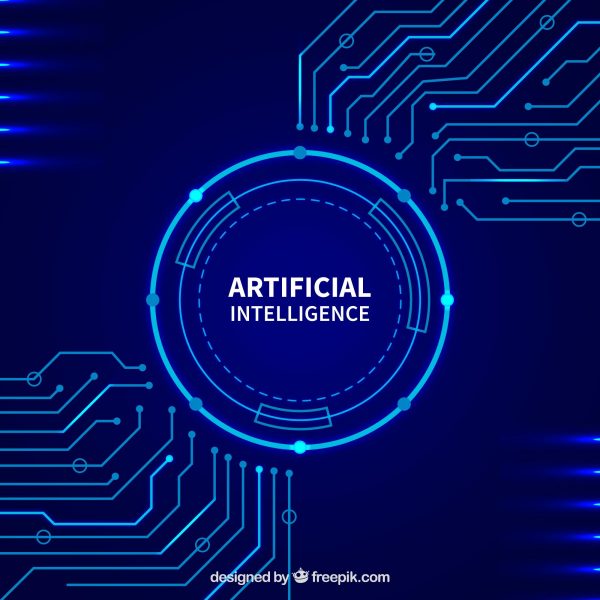
Basically, the IBM Watson Care Manager was designed to accelerate drug discovery, enhance care management, match patients with clinical trials and even fulfill other basic tasks. Frankly, systems like this will be beneficial for medical institutions. They will be able to save a huge deal of money as well as time in the future.
No doubt, in 2019 and beyond, artificial intelligence will be more advanced. More importantly, it will carry out a wide range of task without human monitoring. Some of the major predictions of AI trends in healthcare are the following:
1) Early Analysis
The best part of the healthcare technology trends is that they can quickly and immediate process a huge amount of data compared to the human brain. So, this means that human errors in treatment and diagnosis can be reduced by AI tools. Also, it will allow doctors to work with more patients and prescribe medications online.
2) Medical Research & Drug Discovery
In the future, deep learning technology will play a major role in drug discovery and medical research. Deep learning is a field in machine learning which models the way neurons interact with each other in the human brain.
Frankly, this allows medical systems to process huge amount of data, which immediately finds out drug candidates having a high probability of success. Various studies show that more than 90% of pharma specialists feel that AI technologies will bring a huge impact on the drug discovery in the coming years (most probably in two to three years)
● Role Of Cloud Computing In Healthcare
Nowadays, there are various private, public and hybrid cloud-based platforms for sharing of huge files. Also, healthcare organizations are trying to address the requirement to build out, maintain and run infrastructure for various record-keeping needs. No doubt, here the appealing choice will be cloud computing for digital tech in healthcare.
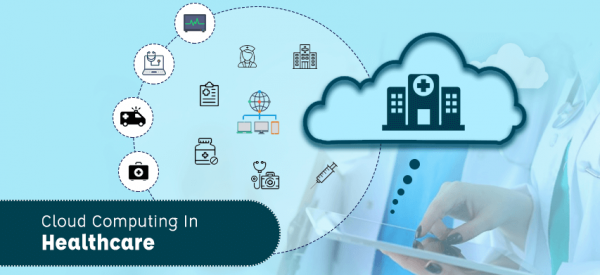
https://mobisoftinfotech.com/resources/blog/benefits-of-cloud-computing-in-healthcare/
Healthcare providers and patients will have better access to records using cloud-based solutions. This will make the consultations process easier and convenient. In addition, these telemedicine applications will put a greater demand on asynchronous and synchronous messaging systems. Plus the basic desire for integrating video for live consultations would create a good amount of pressure to deploy WAN connections, making it more secure, speedy and stable.
Sometimes, enterprises will refrain from fully involving themselves with cloud computing. This is due to the strictures of regulations with regard to EPHI (electronic Protected Health Information). Most importantly, conducting remote doctor calls will prove it difficult to collect all kinds of ePHI data that too within the structured formats which can be secure.
In a cloud environment, each and every step of the process will have to be judiciously monitored. So, while you are talking with cloud hosting providers, it is important that organizations would have to be clear about the requirements they want.
In terms of the disadvantage of cloud computing in healthcare, the basic control is with regard to increasing responsibilities for rolling out the software updates, maintaining hardware and keeping tabs on the security protocols. Most importantly, hosted solutions will provide more flexibility and even lower the cost.
● Internet of Medical Things (IoMT)
There are various devices involved in IoMT and these are connected to each other through the internet. Frankly, this particular technology trend in healthcare will be used for remote monitoring of the well beings of patients, and that is through wearables. For example, mobile apps, ECG monitors, fitness trackers, smart sensors, etc. will be used for measuring pulse, blood pressure, glucose level, heart rate, and more.
Recently an IoMT wearable device was introduced by Apple in its Apple Watch Series 4. This measured heart rate, counted the number of calories burned and even deducted the fall and call of the emergency number. In addition, various studies show that IoMT technology is still evolving and it is pretty much forecasted to reach to about 30 billion devices all around the world in 2021.
IoMT will even contribute systems and sensors in the healthcare industry. This is to capture data and deliver it accurately. Furthermore, IoMT technology will even reduce the costs of healthcare solutions by providing the option to doctors to examine patients remotely. Even the IoMT can assist doctors to gather analytics for predicting health trends.
● Blockchain
No doubt, blockchain is becoming more and more famous in many industries and healthcare is simply one of them. The major advantage of blockchain will be to easily secure data and secure it from various breaches. In the starting of 2018, blockchain tech made it quite easy for various healthcare service providers to share their medical data safely. And in 2019 and beyond, this tech will assist healthcare providers in managing endless data, which includes insurance claims, patient healthcare details, electronic health records, etc.; making it safe as well as encrypted.
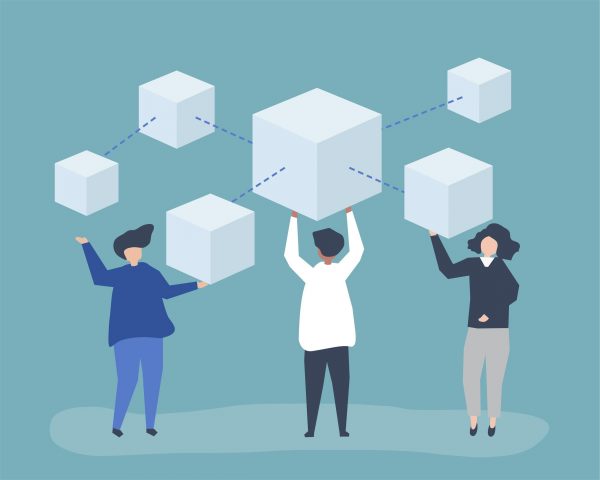
Furthermore, the blockchain will reduce the sales of fake drugs in the market. It will even increase the transparency and trust among customers and drug manufacturers. Now once a manufacturer develops a new medical product, first, they will register it on the blockchain. This will enable them to track and control it from all stages.
In turn for customers, they will be able to trust manufacturers through monitoring all kinds of pharmaceutical products, and that too using supply chain. Various studies show that blockchain related apps can easily prevent all kinds of counterfeit drugs.
● VR/AR/MR In Healthcare
The presences of augmented and virtual reality solutions have made significant advances in healthcare technologies. Just imagine, advances which could have been envisioned a decade ago, are implemented now. Right from educating new students to planning or making procedures, the field of VR and AR in healthcare provides some serious promises.
One of the huge problems involved in overcoming various motor deficiencies after having a stroke is placing patients in robust environments. This will foster huge improvements. Simulated and enhanced environments will allow better and diverse interactions which might not be possible because of the physical therapy. Here one can gather data using monitoring to assist therapists in creating customized plans.

The presences of the augmented reality system can be beneficial for healthcare. It will provide intuitive options. Now by using 3D information on the real world scenes, augmented reality will allow doctors and surgeons to be grounded in the actual procedure and gain access to all the data that are present through another emerging tech. Most importantly, doctors can easily compare data with what they are viewing in the real world. This will make the diagnosis easy and even plan the procedures. No doubt, healthcare is simply capable of being one of the major influences on the future or AR.
Finally
As the years pass by, the healthcare industry will surely grab the eye. Not only it will bring about a definite change in the way medical practitioners and hospitals work but also make it accessible to people who weren’t able to previously. So, let’s wait and watch the way technological trends rock the healthcare industry.


